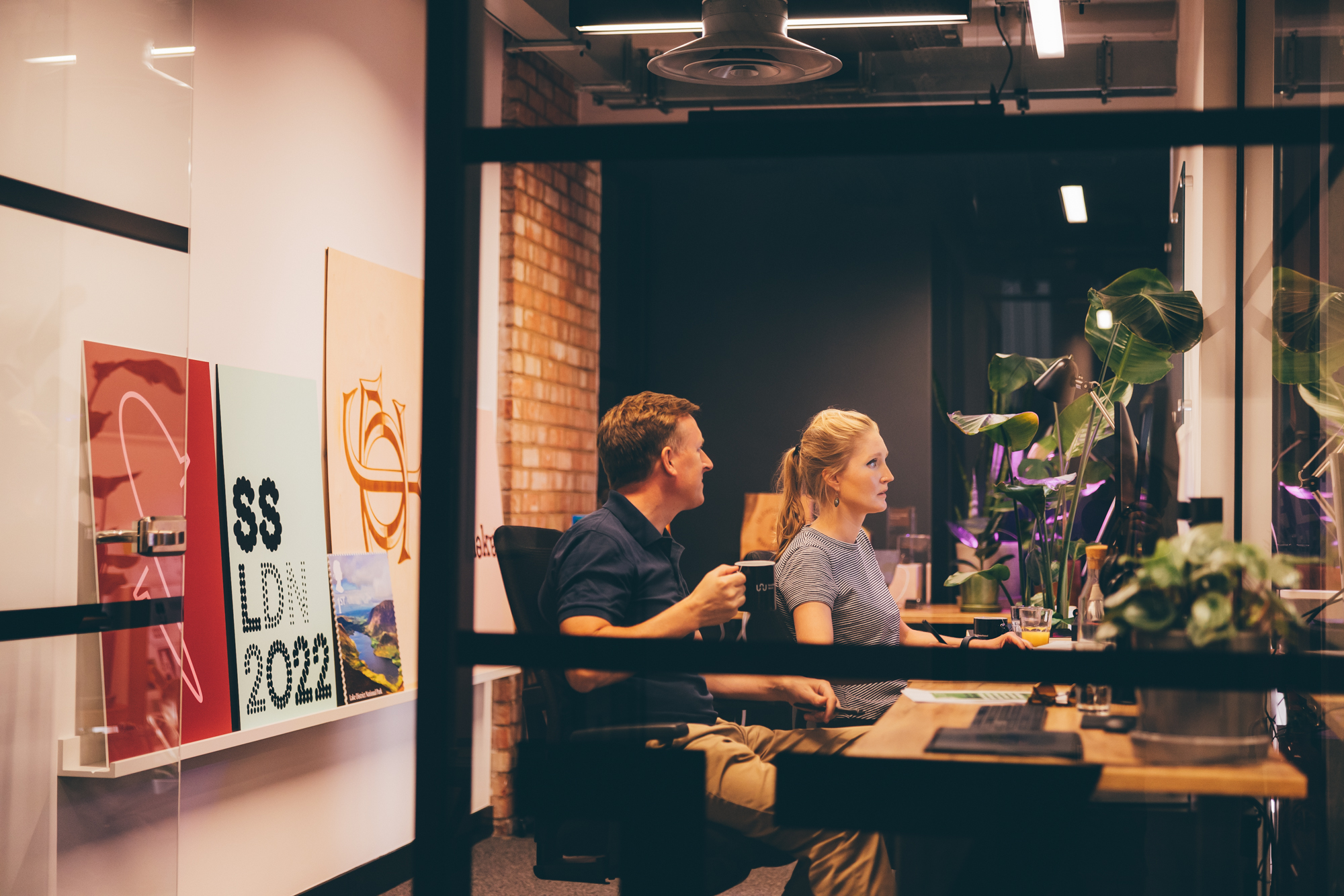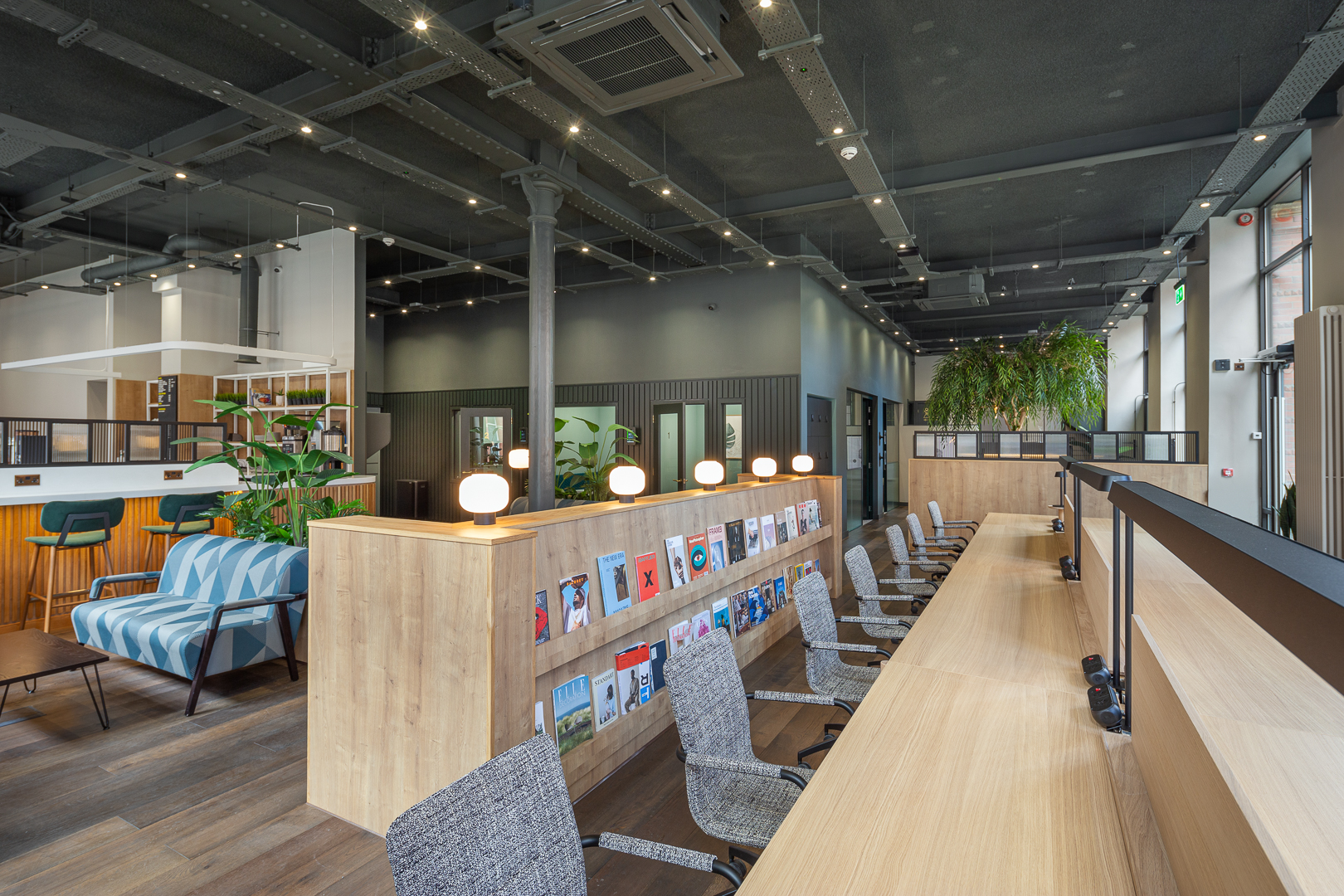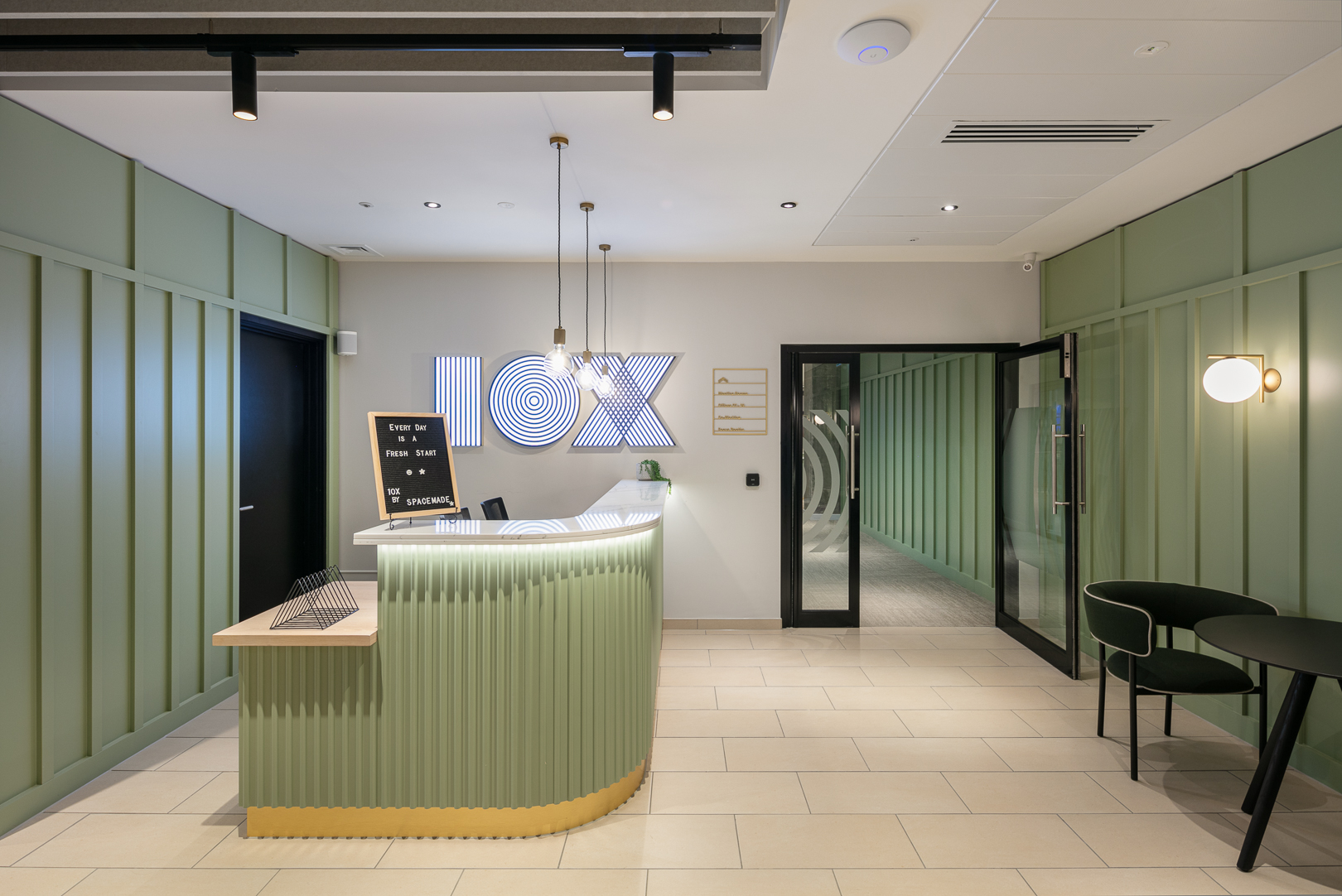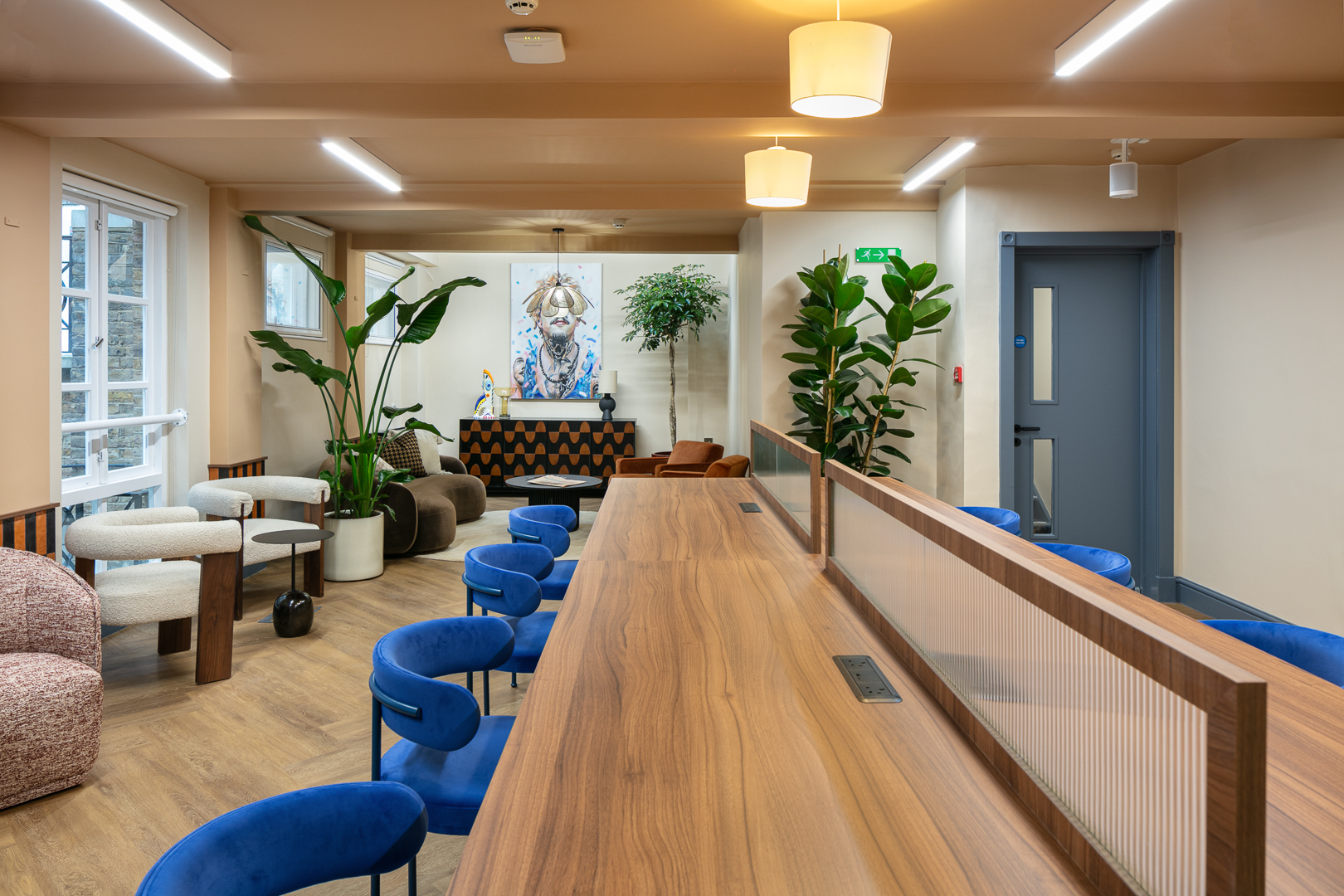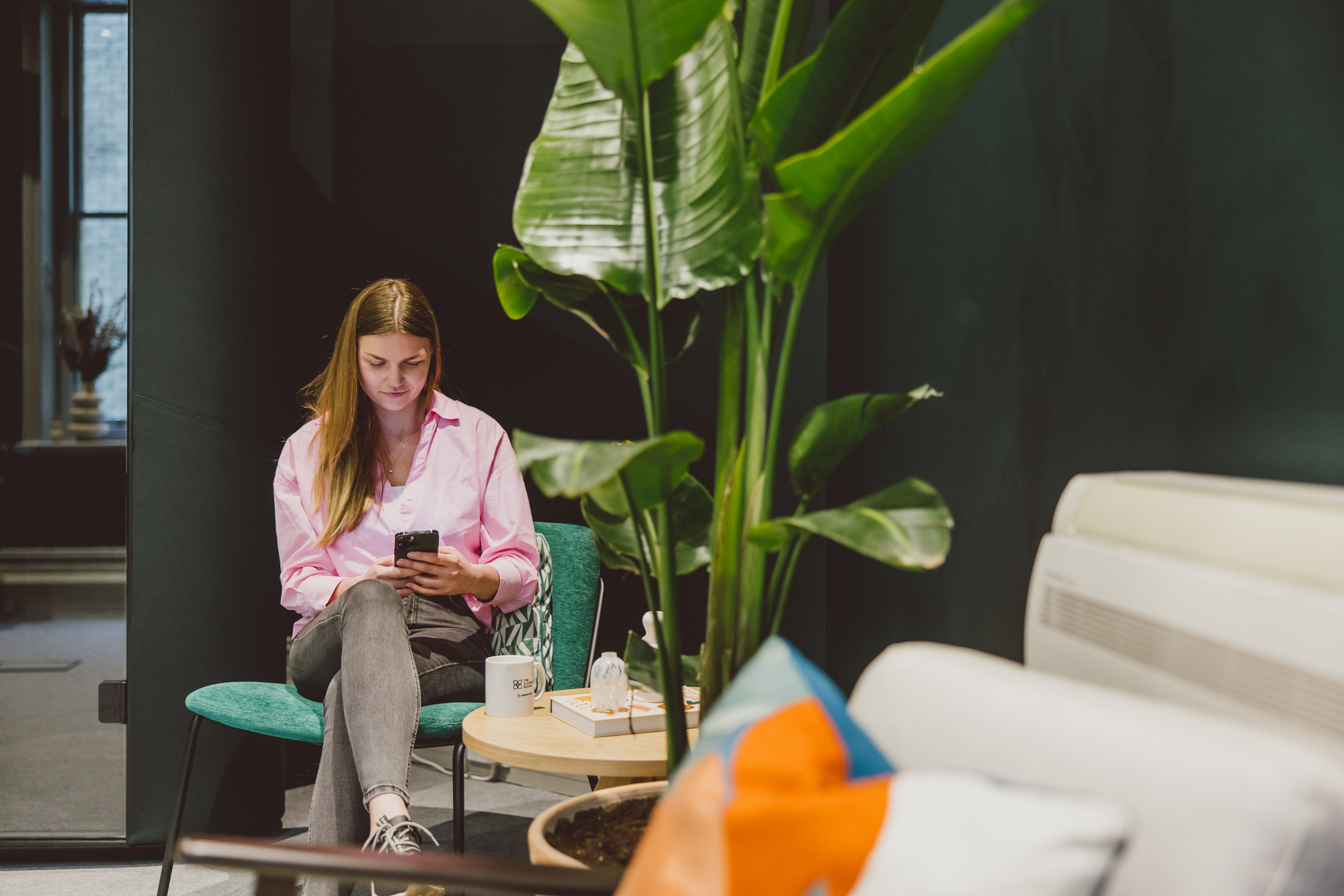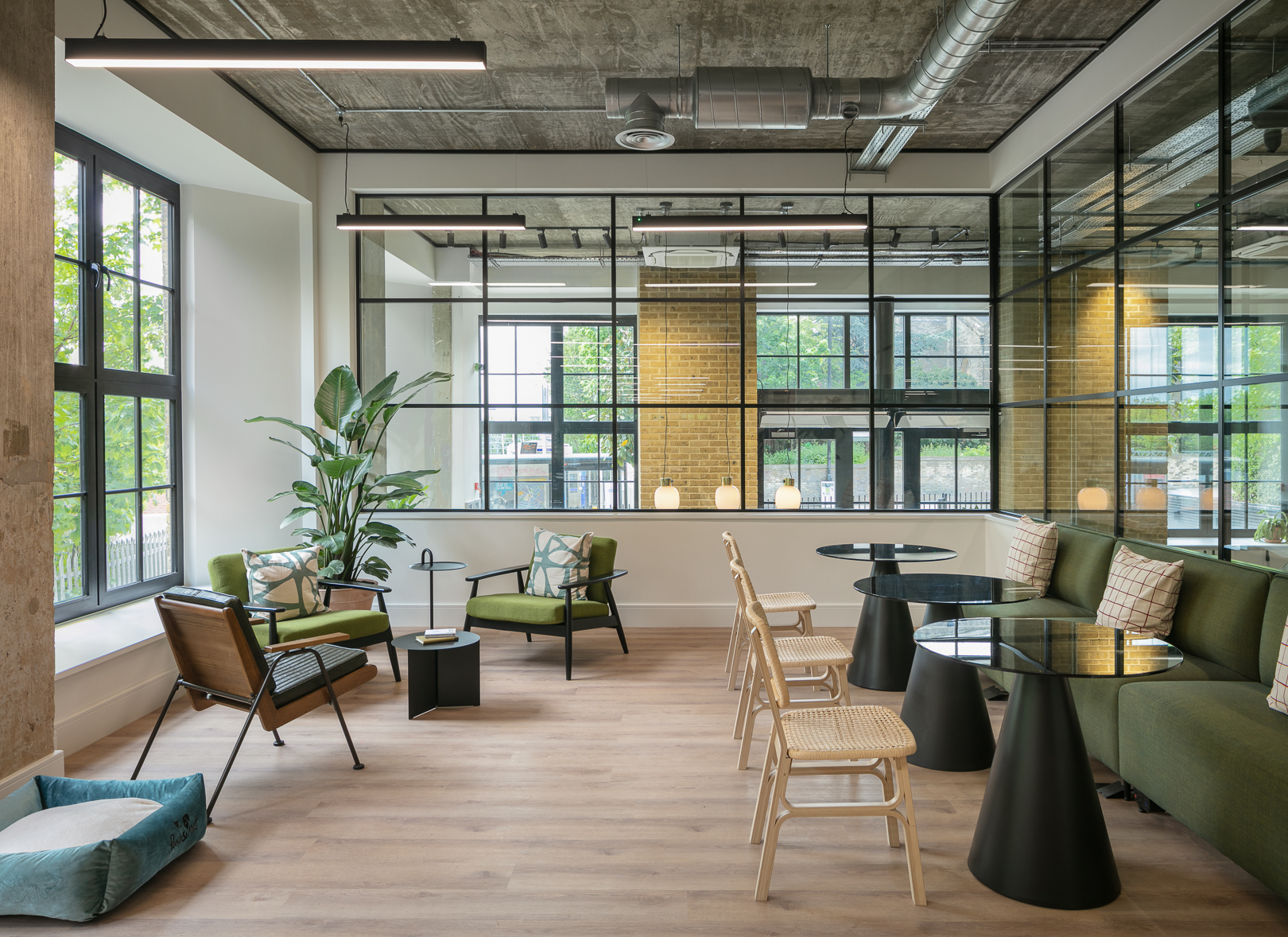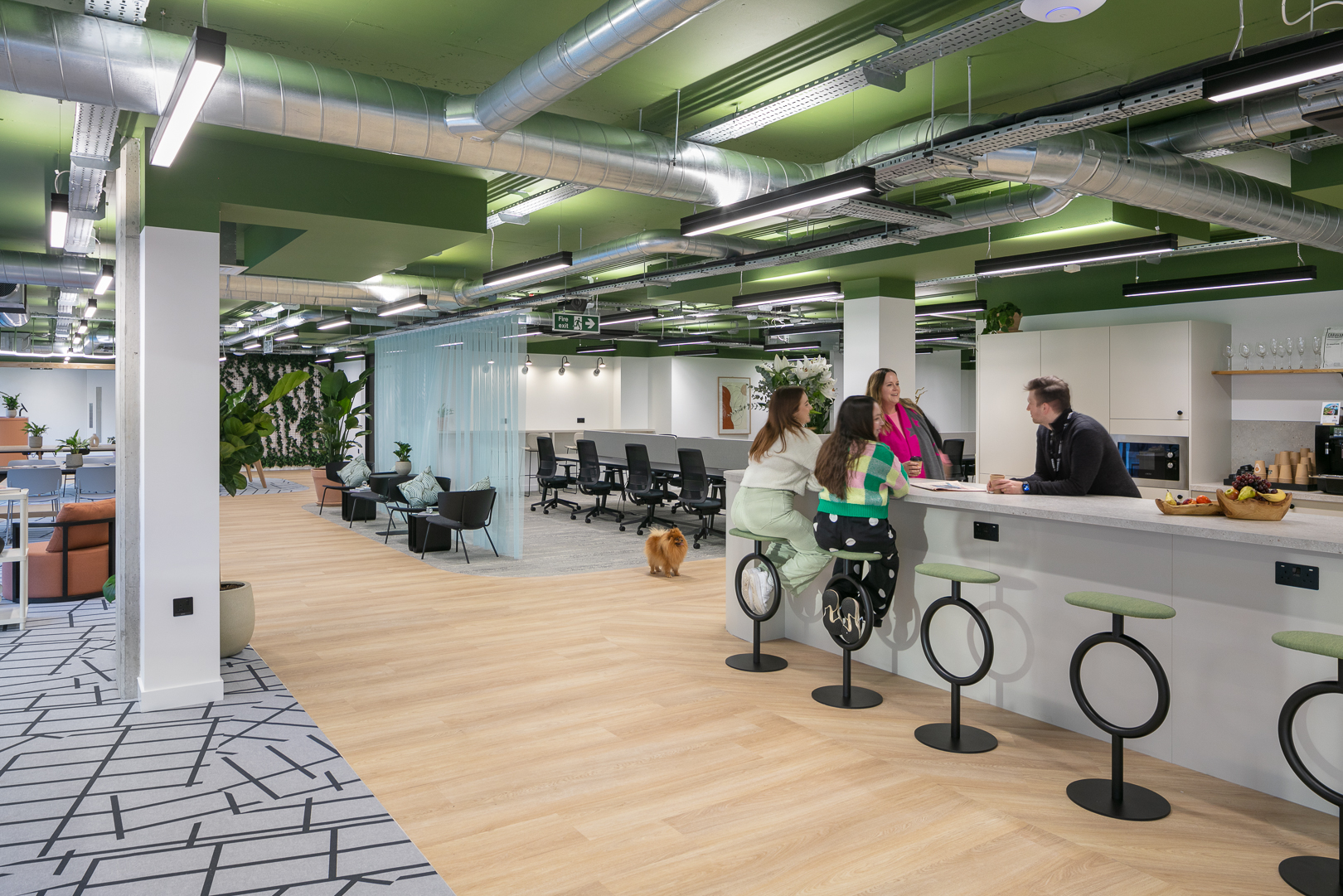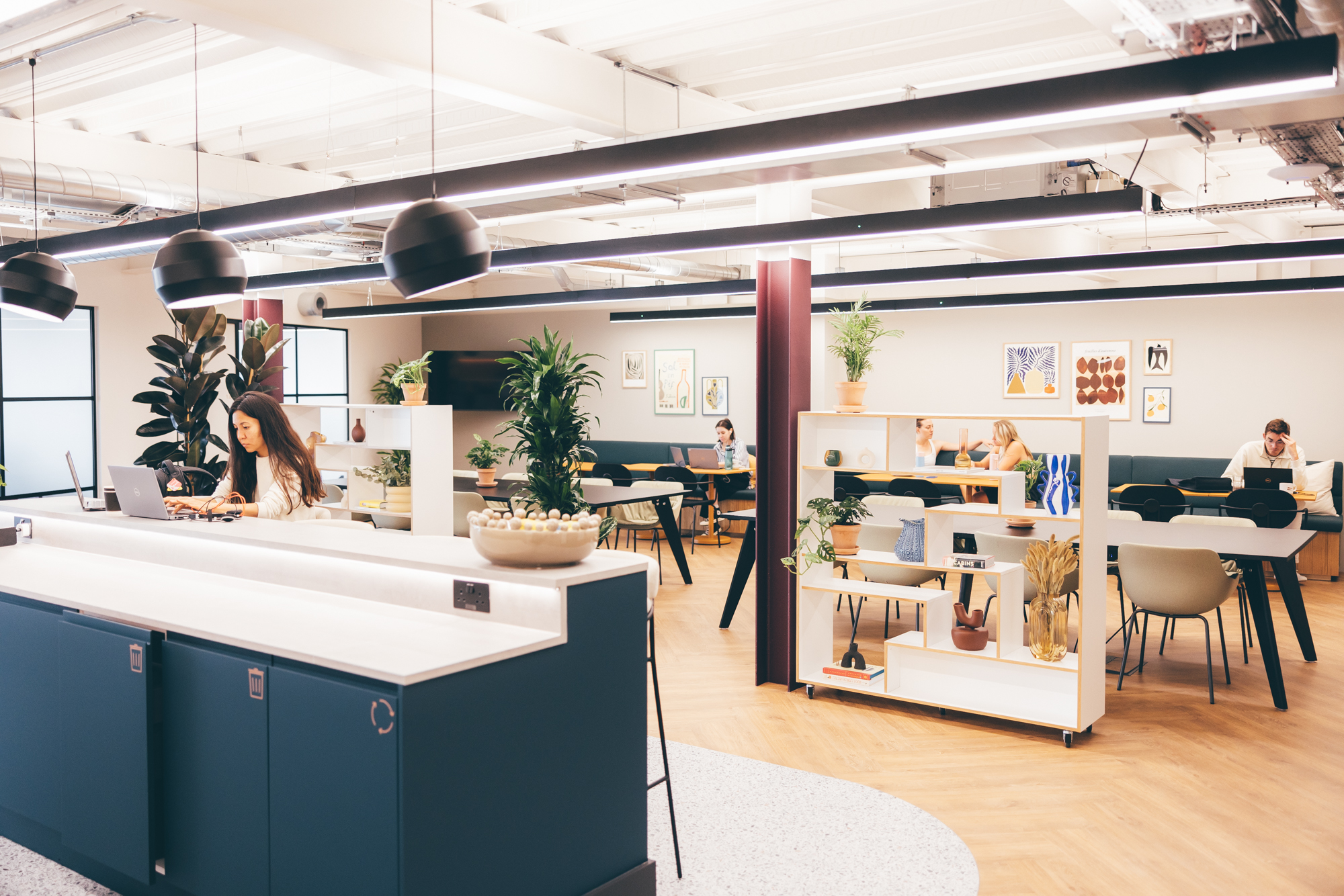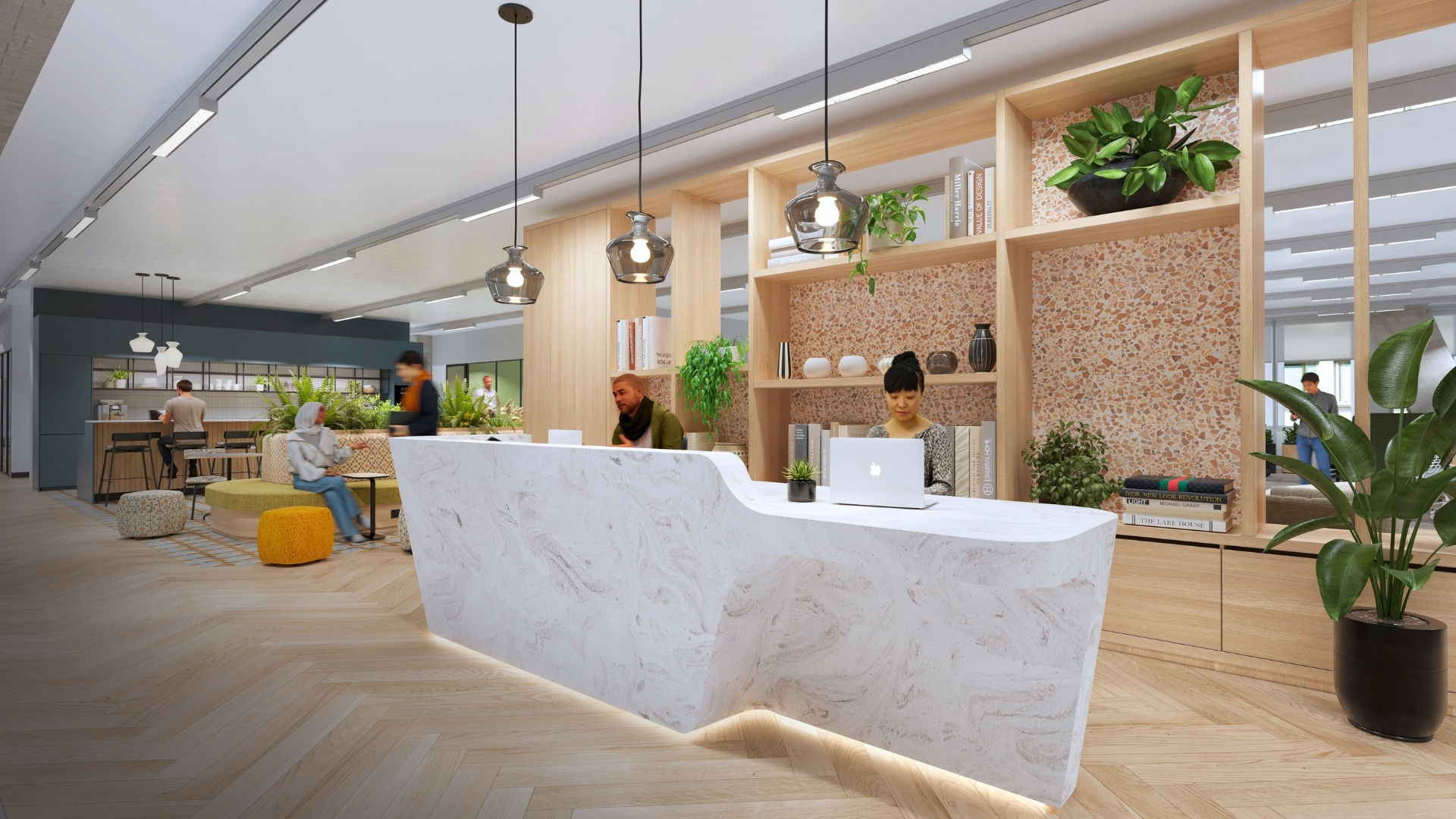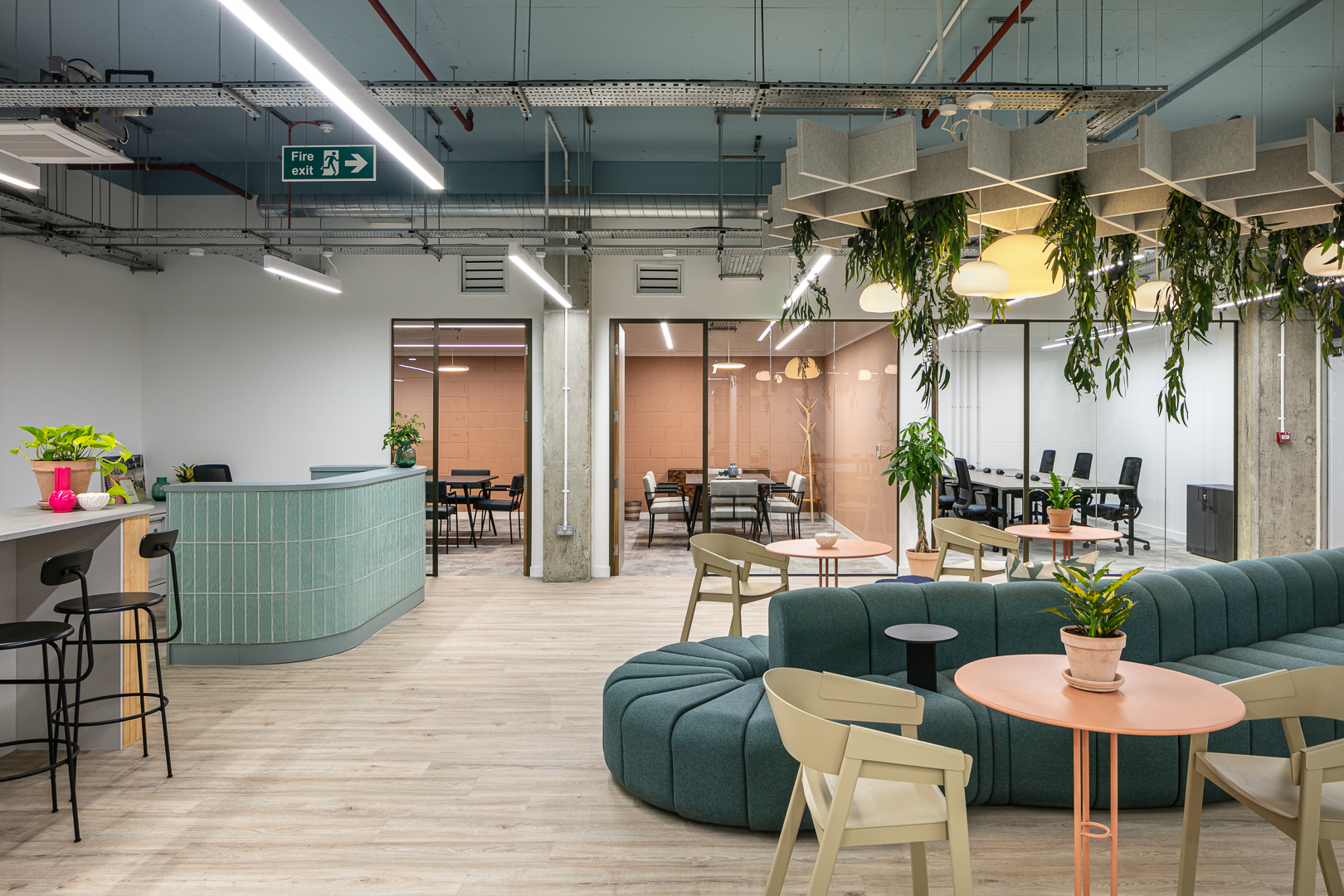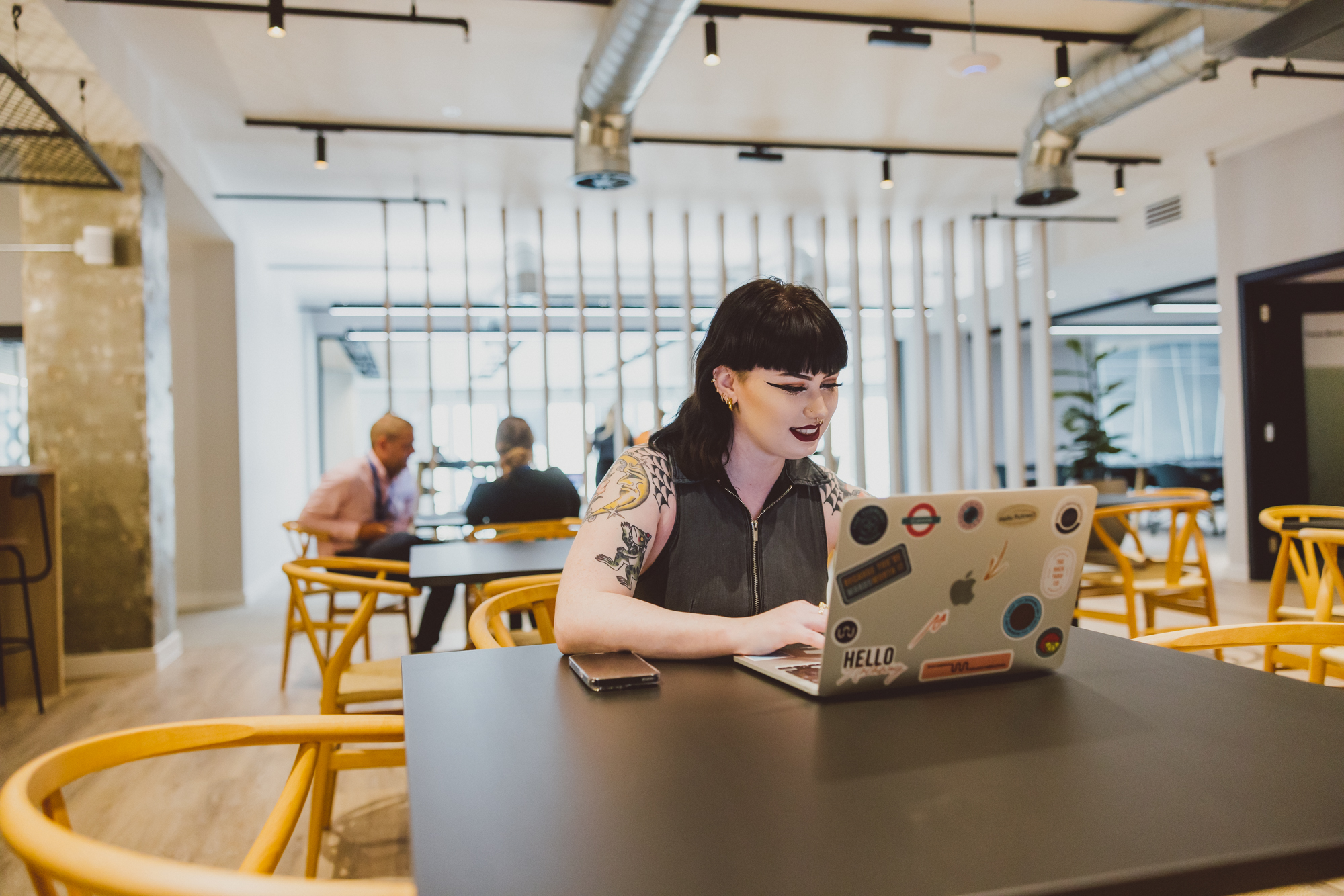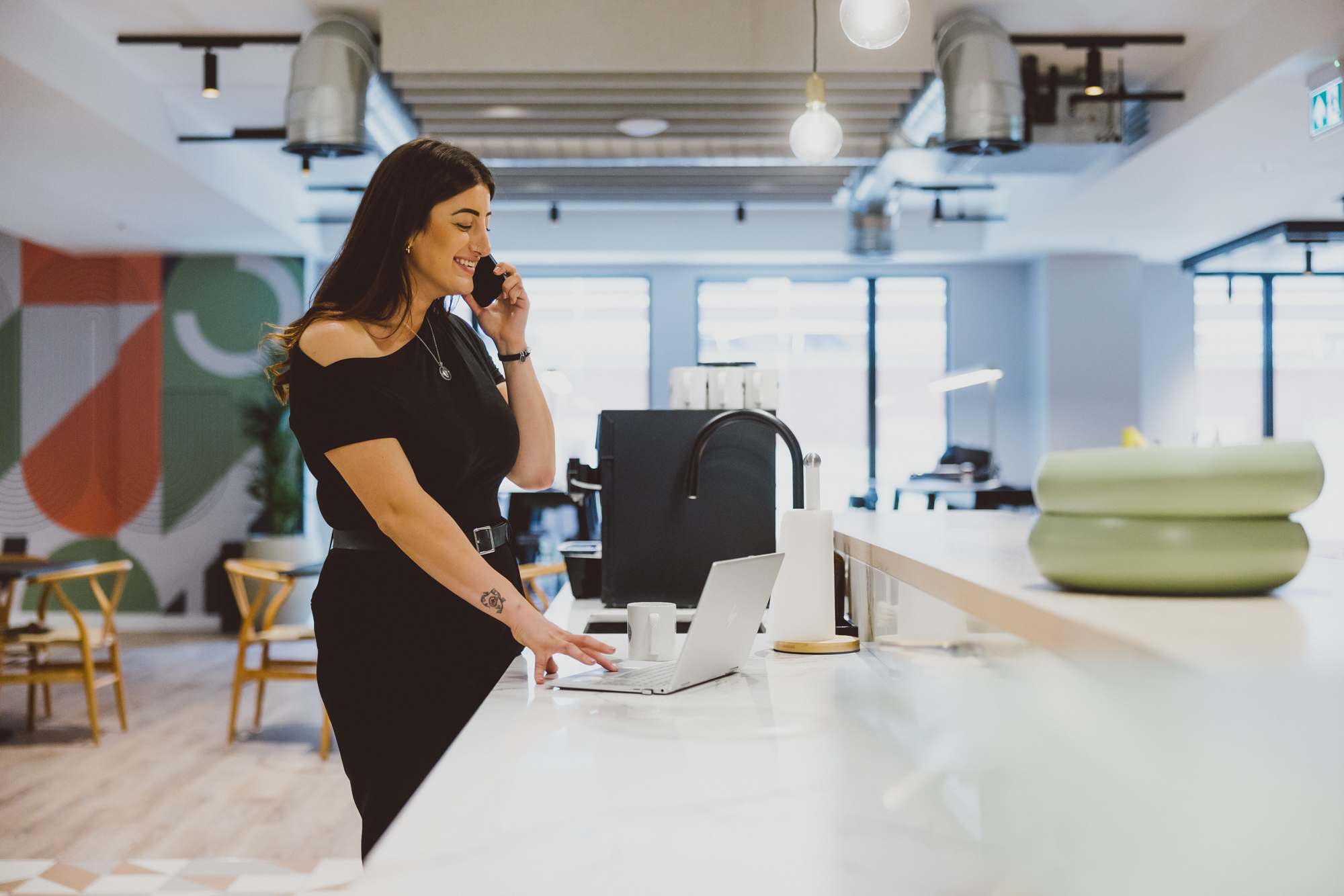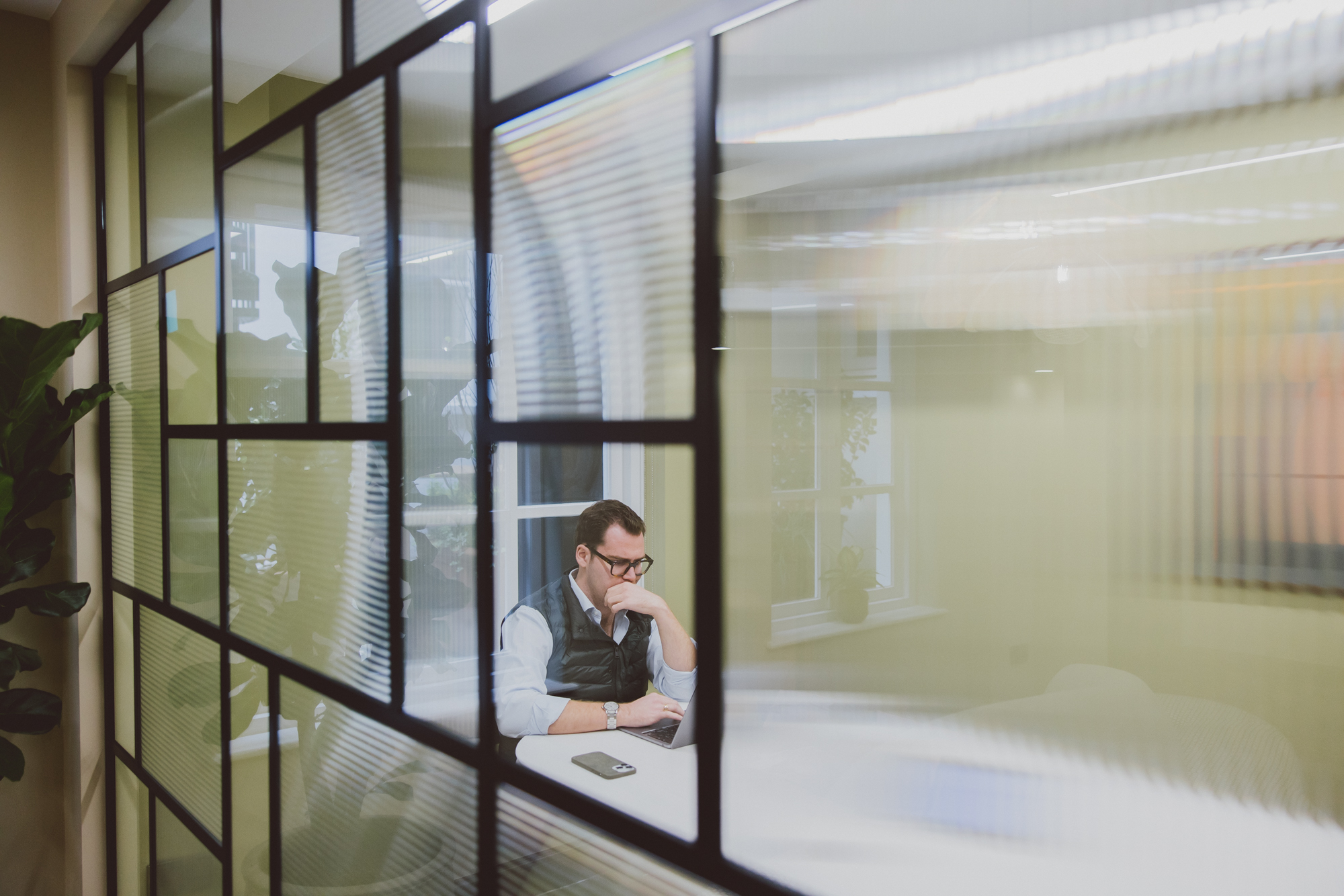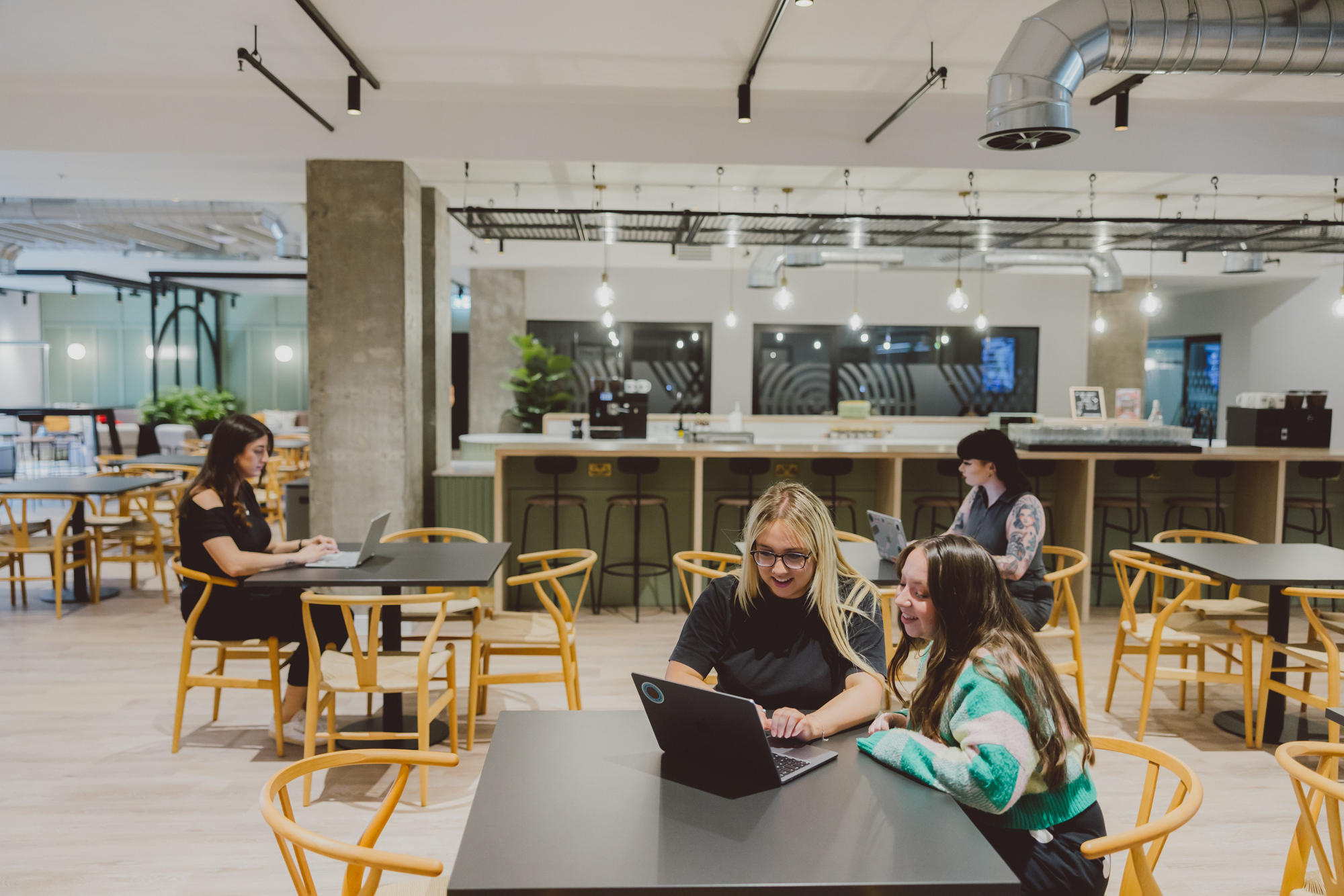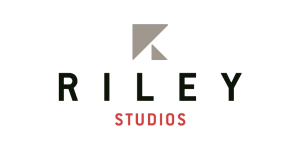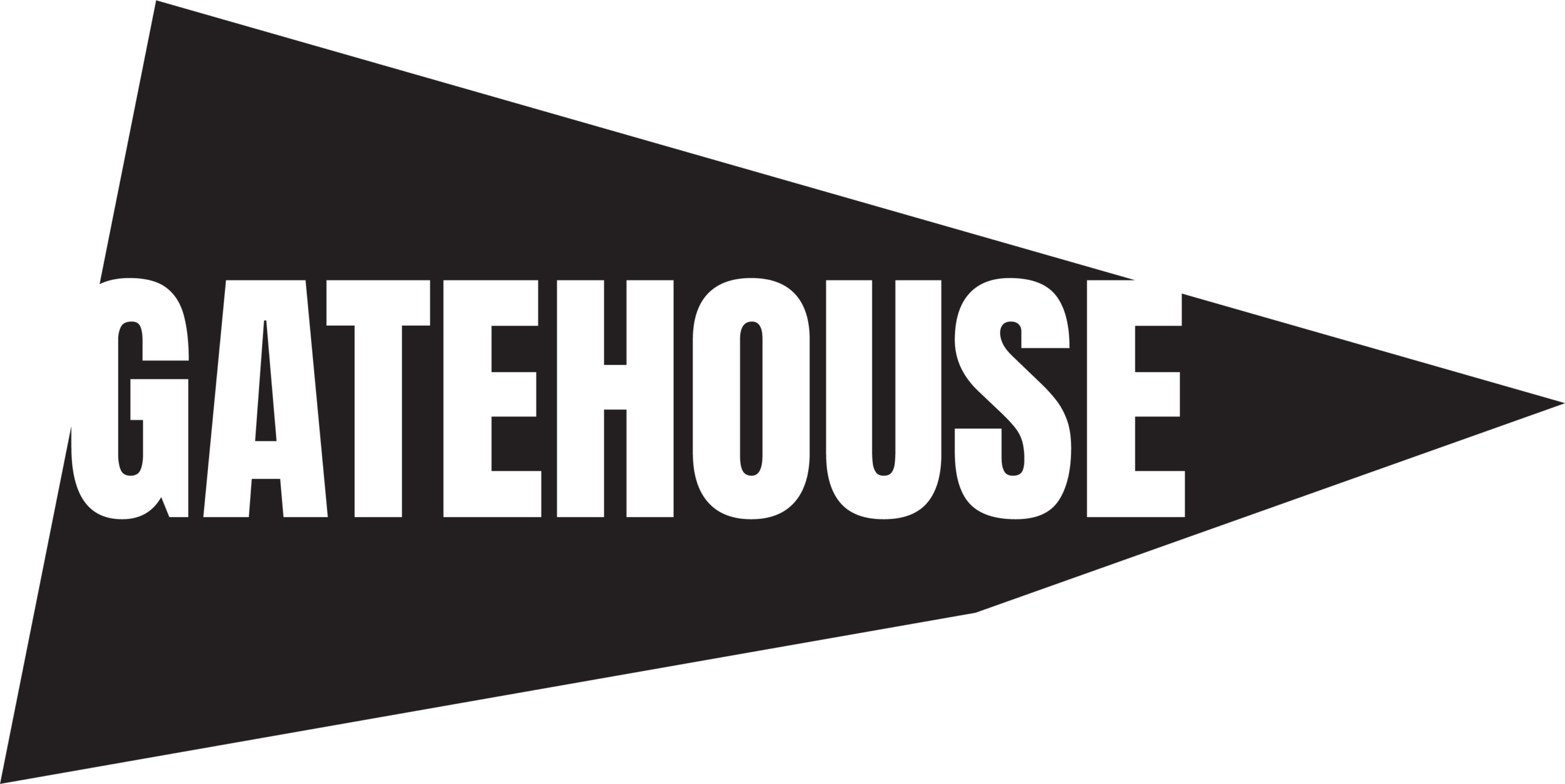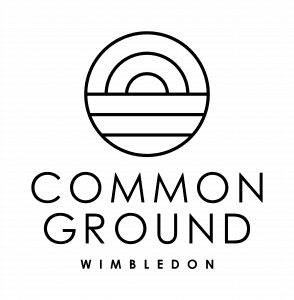
How can AI help improve work-life balance? Here are 7 proven benefits
Work-life balance – it’s the dream, right? The elusive state where emails don’t haunt your evenings, your to-do list isn’t a mile long, and free time is something you actually have, not just a myth.
But let’s be real. Most days, it feels more like juggling flaming swords. You’ve got deadlines screaming at you from one side, meetings eating up your calendar, and somewhere in the chaos, you’re supposed to fit in time for family, hobbies or just breathing. It’s exhausting, and honestly, it’s not sustainable.
This is where technology can lend a hand. Specifically, using AI in the workplace. No, we’re not talking about robots taking over your job or replacing your morning coffee (some things are sacred). We’re talking about tools that can help lighten the load, streamline the chaos, and maybe – just maybe – help you reclaim some balance in your life.
In this article, we’ll explore seven examples of AI in the workplace and how they can help you work smarter, reduce stress and create space for the things that really matter.

How can AI help create work-life balance?
1. Enhanced productivity through automation
One of the most notable impacts of AI in the workplace is on productivity. AI excels at handling repetitive and mundane tasks, the kind of work that eats away at your day without adding much value. Sorting emails, updating spreadsheets, scheduling meetings—these are prime candidates for automation. Instead of sinking hours into admin, AI-powered tools can take over, freeing you to focus on tasks that require creativity, strategy, or decision-making.
For example, email filtering tools like Gmail’s Smart Labels or AI-powered inbox assistants can automatically sort, prioritise, and even respond to routine queries. Calendar tools such as Microsoft’s Cortana or AI assistants like x.ai can handle scheduling, finding the best time for meetings based on everyone’s availability. Spreadsheets? AI-based automation tools like Zapier or Airtable’s integrations can update data across platforms in real time without you lifting a finger.
Studies have shown that AI could save more than four hours per week per staff member by automating these repetitive tasks. Over a year, that’s over 200 hours reclaimed – time that could be spent on high-impact activities.
2. Personalised work schedules
Not everyone is wired the same way. Some people are up and ready to tackle the toughest tasks by sunrise, while others don’t hit their stride until mid-afternoon. Then there are those who take a power nap to recharge or need an early evening burst of focus to wrap up the day. Whatever your routine, it’s not always easy to structure your work around your best moments.
By analysing your work patterns—when you’re at your sharpest and when you’re running on fumes—AI can create a schedule that works for you. Instead of pushing through tasks when you’re not at your best, AI can suggest tackling deep work during your peak times and saving simpler tasks for when your energy dips.
The result of using AI in the workplace this way helps you work more efficiently and saves your mental energy for what really matters, both at work and outside of it.
3. Improved task management
A whopping 63% of project managers say AI has positively impacted project timelines – and it’s easy to see why. When faced with a never-ending to-do list, it’s tempting to spend more time deciding what to tackle first than actually getting things done. The constant juggling act of prioritising tasks can leave you feeling stuck and overwhelmed.
AI-powered tools take the guesswork out of the equation. By analysing deadlines, workloads and task complexity, these tools prioritise tasks for you, so the most important ones are at the top of your list.
Instead of feeling bogged down by the sheer volume of tasks, you can move through your day with confidence, knowing that you’re making meaningful progress on the right things. It also helps you leave work at work, and not be panicking about the things you didn’t tick off while having dinner with your family.
4. Better communication and collaboration
Miscommunication is one of the biggest productivity killers – it wastes time, creates stress, and derails projects. Whether it’s missed emails, misunderstood instructions, or language barriers, poor communication can slow everything down, meaning your work then eats into your personal life.
AI-powered tools are changing that, and teams that collaborate with AI can see incredible output and performance gains. Real-time transcription ensures that nothing gets lost in meetings. Instant translation features break down language barriers, making global collaboration effortless. Even emails become more efficient with AI suggesting responses that keep things clear and concise.
5. Scheduling meetings
Ever tried booking a meeting with 3 or more busy people? Usually, you find yourself looking a month ahead and the only time you can find that lines up is Sunday morning at 6 am.
Between packed calendars, conflicting time zones, and endless emails, it often takes longer to schedule a meeting than to hold it. AI tools solve this by scanning everyone’s availability, booking the best time, and even suggesting agendas.
Once the meeting is over, AI dictation tools can provide clear summaries and action points, so you don’t have to revisit the discussion repeatedly. By cutting down on scheduling headaches and post-meeting admin, AI frees up your time for more productive (and personal) priorities.
6. Supporting employee wellness programs
Burnout is a serious issue for employees and businesses. Thankfully, employee wellness programs have been found to reduce burnout and improve well-being, amongst other benefits.
Heavy workloads, constant demands, and the pressure to always be “on” can leave people feeling drained and disconnected. AI tools can help by identifying when someone might be struggling, from tracking workload patterns to monitoring engagement levels.
By introducing AI, managing employee wellbeing programs becomes a lot easier. AI can recommend breaks, suggest wellness activities, or provide resources to support mental health. And, employees who feel supported are also more likely to thrive, both at work and in their personal lives.
7. Optimising remote work
Around 40% of people now work remotely at least some of the time. Remote working is productive, liberating and often great for work-life balance, but it comes with its fair share of frustrations. Slow virtual desktops, unstable Wi-Fi, and cybersecurity worries can make it harder to stay productive—and stress-free.
Through continuous monitoring and adjustments, AI can fine-tune the technical aspects of remote work. It helps keep systems responsive by dynamically balancing resources, manages data traffic to prevent slowdowns during high-demand tasks, and strengthens security by identifying risks before they cause problems. The result is a smoother, more secure workflow that helps you stay focused.
The future of Artificial Intelligence in the workplace
AI sceptics will try and fear-monger you into thinking you’re going to be replaced by a robot. But, the truth is that AI is about enabling human performance, not replacing it. Yes, you’ll not be needed for some tasks, but that frees you up for more important work.
Overall, the way we work is changing, and technology is at the heart of this shift. Artificial intelligence is becoming a key part of how businesses operate. Instead of handling isolated tasks, it’s evolving to streamline workflows, enhance decision-making, and improve overall efficiency.
But it is a human-centric future. With routine tasks managed by machines, employees can focus on strategy, problem-solving, and collaboration. However, businesses that embrace this shift will need to focus on training and upskilling their workforce so that everyone is equipped to use these tools effectively.

Rethinking how we work
Achieving work-life balance has always been about working smarter and creating space for everything else in life. The tools we use, including artificial intelligence, are transforming how we approach this balance. By streamlining tasks, reducing stress, and shifting focus to what matters most, technology is paving the way for a more thoughtful approach to work.
The future isn’t about technology replacing people but about creating systems that support human potential. Offloading repetitive, time-consuming tasks allows us to focus on creative, strategic, and meaningful work.
The challenge now is to embrace these tools, adapt to the changes, and build workplaces that prioritise both productivity and well-being.
How can you combine AI with coworking?
Coworking spaces are already designed to make work more flexible, and AI takes it one step further. From booking desks to managing collaborative tools, AI makes sure coworking spaces are as efficient as possible. At Spacemade, we offer coworking spaces across London, Birmingham, and Leeds complete with hot desks, dedicated desks, meeting rooms and everything else you need to get the most out of your workday. Why not try a free day pass and see for yourself?
